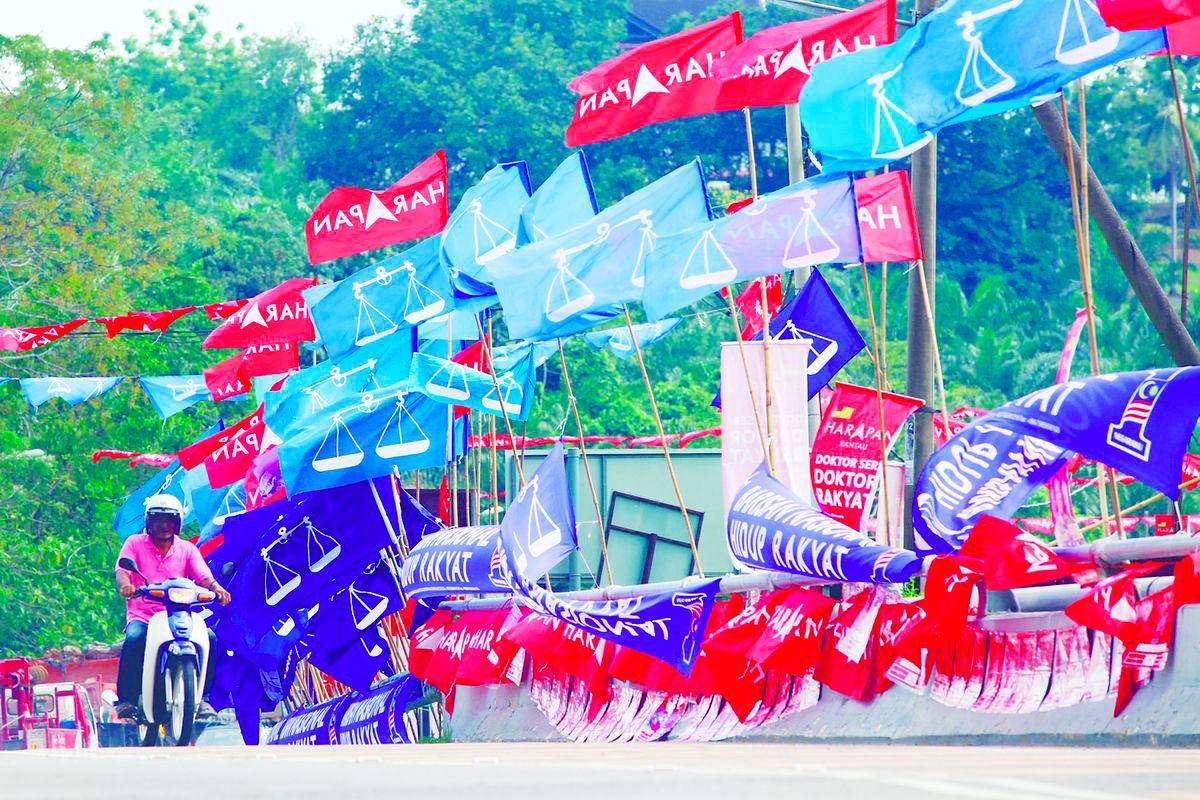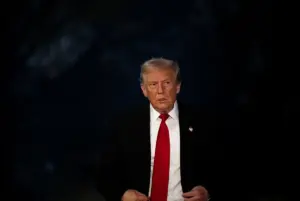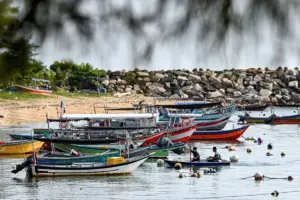PETALING JAYA: Mounting political manoeuvres and shifting economic currents are fuelling speculation that Malaysians could head to the polls as early as 2026, two years before the current mandate expires.
Analysts say such a move would be a gamble for Prime Minister Datuk Seri Anwar Ibrahim, but one that could help him lock in a fragile advantage.
International Islamic University Malaysia associate professor Dr Syaza Shukri said two factors could push Anwar towards early Parliament dissolution – improving economic signals and fractures within the opposition.
“The economy is doing relatively well. Yes, the cost of living is still a concern, but government assistance, the reduction in RON95 price and wage increases suggest the government wants to build on this momentum,” said Syaza, who is also a fellow at the ISEAS–Yusof Ishak Institute.
She added that Perikatan Nasional (PN) remains unsettled, with tensions between Bersatu and PAS creating uncertainty.
“PN appears to be at odds between Bersatu and PAS, so this is a good time to pre-empt before they resolve their issues.”
She also said the Unity government could use this window to consolidate power, especially if Barisan Nasional (BN) reclaims parts of its traditional Malay base.
“PAS continues to make inroads in Malay-majority seats. Pakatan Harapan (PH) still commands support in urban and mixed constituencies, so together with their East Malaysian partners, I believe, they could retain power for now.”
However, she cautioned against complacency.
“The main advantage lies in the economy and the cracks in Bersatu, but it is still risky. The Malays are not fully on board with PH-BN yet. Still, this combination offers an advantage over a PN that draws support primarily from Malay voters.”
On seat distribution, she said PH would likely retain its 80 seats, with BN‘s showing in Malay heartlands determining whether the coalition could stretch its majority.
“PN only has momentum in areas it is already strong. An early GE16 would not create a landslide for either side, but it would preserve the current balance. And for PMX (Anwar), that is good enough to continue leading with close to a two-thirds majority when combined with Sabah and Sarawak support,” she said, referring to Anwar’s coalition before the exit of the Malaysia United Democratic Alliance.
Singapore Institute of International Affairs senior fellow Dr Oh Ei Sun said going to the polls in the government’s fourth year is “not out of the ordinary” and could serve as a strategic reset.
“There has been constant political manoeuvring, from defections within ruling coalition parties to the opposition hinting at a change in government. Anwar may feel it necessary to get a fresh mandate to continue his reform agenda,” he said, adding that the outcome would be unpredictable.
“It is anybody’s guess who would form the next government. No single party or coalition is likely to win an outright majority. The key question would be the composition of the next ruling coalition.”
He said PN retains momentum after strong showings in GE15 and the 2023 state elections, but Sabah and Sarawak parties remain decisive.
“Still, Sabah and Sarawak parties would continue to play the role of kingmakers, making post-election alliances critical.”
Asia Group Advisors associate director Kamles Kumar said from a strategy lens, early polls may be both a gamble and a necessity.
“In recent weeks, Anwar’s grip on power has looked increasingly fragile, with mounting criticism over unfulfilled reform promises, judicial appointment controversies and dissatisfaction over the cost of living.
“The unity coalition appears shaky, while the opposition, particularly PAS, is sensing opportunity and openly positioning for major gains in GE16.”
Kamles added that while measures such as offering more parliamentary seats to Sabah and Sarawak were meant to strengthen federal support, they also underscored the government’s delicate majority.
“If elections are called next year, it may be a defensive gamble by Anwar to pre-empt further erosion. But the growing discontent also gives the Opposition a real chance to capitalise.”






